#IndustryNews
Mercedes Spending $59 Million to Build ESprinter in U.S.
On Tuesday, Mercedes announced it would be pouring roughly $59 million (€50 million) to build the all-electric Sprinter van at three facilities. One of them will is the American MBV factory in Ladson, South Carolina, with the remaining two sites naturally situated in Düsseldorf and Ludwigsfelde, Germany.
Over 200,000 Sprinter and Metris model vans have been assembled in the United States since 2006, though the automaker had actually been using the state to avoid the chicken tax for much longer. Considering the region is the second-largest market for Sprinter vans, Mercedes is not interested in dissolving its American commitments either. The investment will be spread across the three facilities for the necessary tooling to build the EV variant the automaker already started selling in Europe.
Tesla Lawsuit Against Rivian Moves Forward in California Superior Court
The lawsuits continue against EV startup Rivian. Though it hasn’t built any vehicles to date, the company has an aggressive plan to manufacture its “Tesla killer” vehicles at the former Diamond Star Motors plant at Normal, Illinois, and sell its wares directly to customers via nine showrooms across the nation. Various parties take issue with both the building and selling facets at Rivian, and the company has lawsuits with dealers in Illinois as well as Tesla.
Automotive Industry Begs U.S. Government for Money
With President Biden planning to announce an infrastructure proposal that could easily exceed $2 trillion, the automotive industry has come to the realization that some of that money could be used to make its job easier. Following Tesla’s attempt at charming the federal government into making carbon credits more valuable, automotive lobbies, supplier groups, and the United Auto Workers (UAW) union have issued a joint letter asking for financial assistance.
Addressed to the president and congress, the document makes numerous requests for help with electric vehicle adoption rates. Industry groups would like to see Biden sign onto significant government tax incentives and subsidies for both buying and manufacturing electric vehicles. But this isn’t limited to passenger cars, they also want tax dollars used to help offset the prices corporations pay on commercial EVs intended for fleet use. Government grants would likewise be set aside for organizations that retool facilities for electric cars, while federal entities make a vow to buy up new fleets that aren’t reliant on liquid fuel.
Cazoo Selling Itself to Blank Check Firm for Insane IPO
Years from now, there’s a distinct chance that humanity will look at blank check firms, better known as special-purpose acquisition companies (SPACs), with disdain. Today is not that day, however. Cazoo Ltd, which has often been called the British Carvana, is reportedly selling itself to Ajax Holdings for a breezy $7 billion USD.
While the used-vehicle retailer initially planned on an initial public offering in London, merging with Ajax Holdings means it’s to be listed on the NYSE and probably at an astronomical price if the history of SPACs are anything to go by. This one happens to be owned by American billionaire and career hedge fund manager Dan Och, who said he would like to join the company’s board once the deal has gone through.
Semiconductor Shortage Delays More Automobiles
The industry is having to stall more plants to contend with the semiconductor shortage that’s currently making it more difficult for you to get everything from a smartphone on up to your next vehicle. Ford Motor Co. recently informed employees that its Dearborn truck plant (easily one of its most profitable facilities) would need to be idled through the weekend to create a buffer for semiconductor chips. Worse yet, it’s not the first time the automaker has had to stall output of the F-150 this year. Ford has also started manufacturing trucks without all the necessary components, stating it would hold vehicles for a few weeks to account for supply chain delays.
Meanwhile, Chrysler has made a similar announcement about its minivan output as Windsor Assembly faces another chip deficit. Unifor Local 444 recently stated that the facility would be staring down the barrel of a four-week shutdown starting next week. Considering Chrysler’s minivans literally just dealt with a three-week stall over the chip shortage, union workers are understandably upset. Days earlier, General Motors Canada also announced that its CAMI plant in Ingersoll, Ontario, will likely remain idle until the middle of April.
GM Considers Sharing Chevy Bolt Between Dealers
The latest from Detroit has General Motors considering tweaking its delivery strategy for electric vehicles. While this appears to tangentially fall into the industry trend of trying to shove EVs into an online sales model, GM’s plan is distinctive and would introduce centralized inventory lots for the 2022 Chevrolet Bolt ( hatchback and EUV) before Christmas. But we can already see the dual-sized nature of the plan that will be used to promote and condemn it, should things move forward.
General Motors could be seen as throwing dealerships a bone by finding a way for those located in areas where EV buyers are less prevalent to provide their customers with electrified options. This saves them from having to prep their lots for charging and making space for vehicles people might not bother buying until the technology has further matured. However, with industry giants (including GM) vowing to continue making more of their lineup battery-powered, dealers might also view this as a coy way for the manufacturer to obtain more control over retail operations. Other manufacturers have already explained that they want to prioritize online sales of electric automobiles, with the end result likely mimicking the Tesla sales model … something that doesn’t include traditional dealerships.
Detroit Revises Assembly Routine Due to Semiconductor Shortage
On Thursday, Ford issued a statement explaining that some of its vehicles will be manufactured without the electronic modules dependent on semiconductors. While the automaker faulted the global semiconductor shortage, it also made mention of the winter storms from last month. A few shifts will reportedly be cut until supply chains stabilize while other lines will be constructing vehicles minus some electronics. The plan is for Blue Oval to hold onto them until more chips come in, minimizing production losses.
General Motors proposed a similar solution last week and has since started building 2021 light-duty full-size pickups without a fuel management module.
“Due to the global shortage of semiconductors impacting the global auto industry, we are making Active Fuel Management/Dynamic Fuel Management unavailable on certain 2021 model year full-size trucks,” said GM spokesperson Michelle Malcho.
Report: Chinese Military Bans Tesla Vehicles From Facilities
The Chinese military has decided to ban all Tesla vehicles from housing complexes and bases after citing them as a potential security risk. Since the cars use an array of ultrasonic sensors and cameras to create a panoramic view used for advanced driving features, China is concerned the American brand could use the cars to covertly map out sensitive areas.
Rivian Plans Showroom for Trendiest Part of Brooklyn
Electric-truck startup Rivian has signed the lease for its first showroom in New York City and has selected one of the trendiest spots in Brooklyn. Once known for its high crime rate, Williamsburg has undergone three decades of gentrification and is now awash with luxury retailers normally reserved for the swankiest parts of Manhattan. In the 1990s, the neighborhood was still rough around the edges but had started to become ground zero for the East Coast hipsters, starving artists, and young musicians who gradually influenced its trajectory. The next three decades saw Williamsburg moving steadily upward with rental prices keeping pace. Riverside warehouses were replaced with high-rise hotels, the average household income closed on six figures, and dog parks are situated conveniently near designer ice cream shops.
It’s now the perfect place for a showroom dedicated entirely to electric vehicles, especially one that seems like a merger between Tesla Motors and REI.
Teutonic Tesla: Volkswagen Now Building 'Gigafactories'
As much as we’ve criticized American luxury brands for emulating the Germans, we’ve failed to do the same for Volkswagen Group’s pathetic attempts at copying Tesla. That changes with Monday’s announcement that VW will assemble six “gigafactories” in Europe by 2030. Shared on “Power Day” — the company’s bastardized version of Tesla’s Battery Day — the plan is supposed to result in a production capacity of 240 GWh annually when completed and help VW reduce battery costs while also securing access.
It’s not a half-bad plan for a company entirely devoted to electrification, which is probably why Tesla follows a similar model using nearly identical terminology. Though, considering the absolute mess Volkswagen seems to have made of its EV transmission thus far, some might find it difficult to blame the automaker for looking at the competition and breaking out the notepad.
Others will be less sympathetic while acknowledging this is probably VW’s best play if it’s serious about EVs.
Family Man: VW's Chief Strategy Officer Abandons Ship for Smart Boats
Volkswagen’s strategy chief since 2015, Michael Jost (59), has announced that he will be departing after more than a decade with the company. While the cynics among us will undoubtedly jump to conclusions about the botched launches of VW Group’s new EVs and the all-important Mk8 Golf, the man himself claimed that his primary reason for leaving is to ensure the wellbeing of his family.
Jost confessed via his website that he’s only been spending weekends with his kindred since 1996 and would ideally like to make that a full-time position. A year under COVID restrictions apparently made the man reassess his life, resulting in his decision to abandon his demanding role at VW.
Judge Approves Daimler AG's $1.5 Billion Diesel Emissions Settlement
On Tuesday, a federal judge approved a $1.5 billion settlement to pump the brakes on an investigation conducted by the U.S. government pursuing claims that Daimler used illicit software that allowed excess diesel emissions on 250,000 units. This runs in tandem with another $700 million settlement the automaker is making with vehicle owners, which is likely to see final approval in a few months, and an extensive recall campaign.
The federal case involves the U.S. Justice Department, the California Air Resources Board, and follows a trend of fines for automakers accused of misleading regulators so that diesel vehicles could continue being sold. This kicked off with Volkswagen’s Dieselgate in 2015, with numerous government probes taking place in Europe and North America over the next five years. Many automakers have since been discouraged from relying on diesel powertrains due to rising regulatory actions. European countries that once championed the fuel as ecologically preferable to gasoline, after the advent of biodiesels, are now obsessed with tamping down NOx emissions and getting more electric vehicles onto the road.
Report: Volvo Dealers Respond Negatively to Digital Retail Strategy
Last week, we discussed Volvo Cars’ plan to transition to an online sales model as a larger quotient of its product becomes electrically driven. As luck would have it, the concept hasn’t been a runaway success with auto retailers. Vehicles becoming increasingly digitized, combined with the unparalleled consumer access offered by the internet, has made numerous manufacturers wonder why the dealership role couldn’t be diminished. After all, Tesla has done alright without a traditional sales network.
But Tesla didn’t have a gross of existing showrooms ready to make a fuss. Volvo has nearly 300 and dealerships are reportedly voicing their concerns as the manufacturer does what it can to assuage fears about the possibility of their being put out of businesses in the coming years.
Sit on It: Foam Shortage Concerning Suppliers
You’ve no doubt heard about the chip shortage sweeping the automotive industry. But have you heard of the foam shortage? That’s right, there’s a dazzling new deficit of supplies in the manufacturing sector and it’s affecting your seats. The semiconductor crisis is so winter. Next season’s hottest supply trend involves those lovely little petrochemicals necessary for foam production.
Texas storms that left millions without power last month, during one of the coldest winters in the region, could have reportedly shorted oil refinery output to a worrying degree. There is now an underabundance of refinery byproducts used to make propylene oxide, which is required to produce polyurethane foam, which is used to manufacture car seats.
Jaguar Land Rover Deathwatch: Hitting Reset on EV Development
Jaguar Land Rover has canceled several planned vehicles and opted to reassess its Modular Longitudinal Architecture (MLA) after the company started fretting about the probability of unmet emissions requirements. Chief Financial Officer Adrian Mardell addressed investors on Friday to explain that all subsequent development of the platform would be postponed indefinitely. Ironic, considering MLA was supposed to be flexible enough to facilitate electrification and putting a lid on it means canceling the planned all-electric Jaguar XJ sedan and at least one unnamed Land Rover.
Rather than its intended purpose of underpinning all JLR products by 2025, the MLA platform is now said to be used exclusively on Land Rover’s larger SUVs. Meanwhile, the manufacturer has decided to prioritize its battery-focused Electrified Modular Architecture (EMA) as it tries to place a greater emphasis on electrification moving forward. Sadly, that means the $1.4 billion it spent in service of advancing MLA and finding a new partner that can help make Jaguar all-electric by 2025.





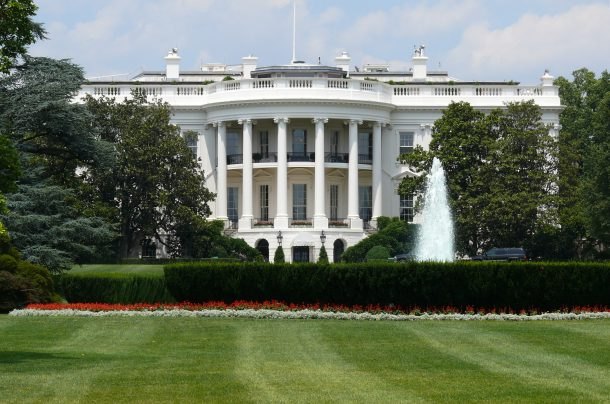

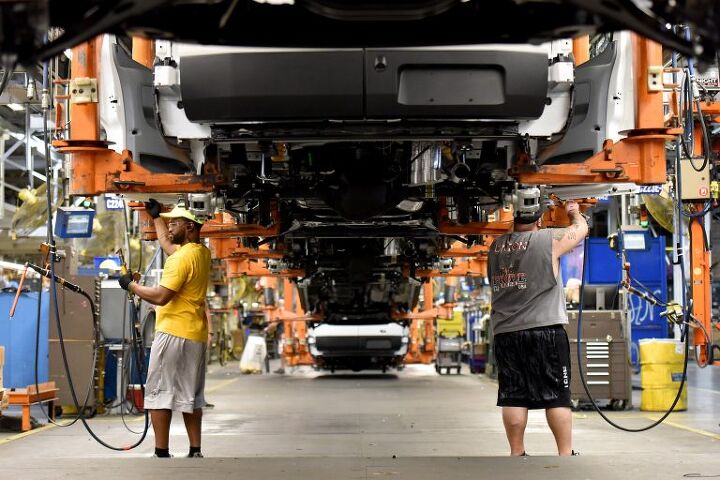
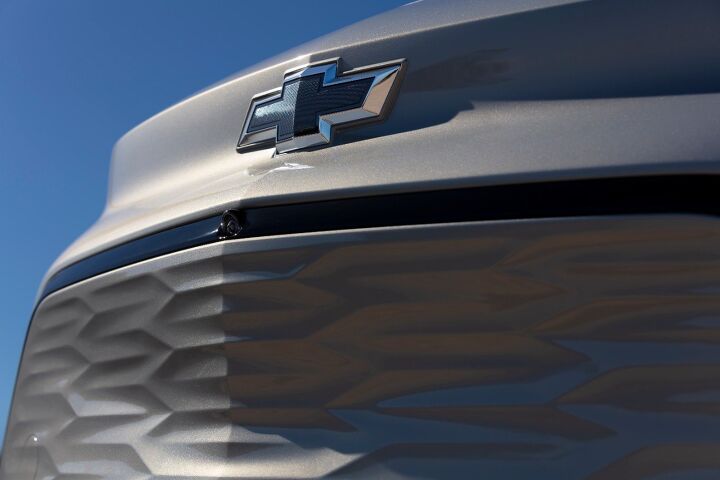

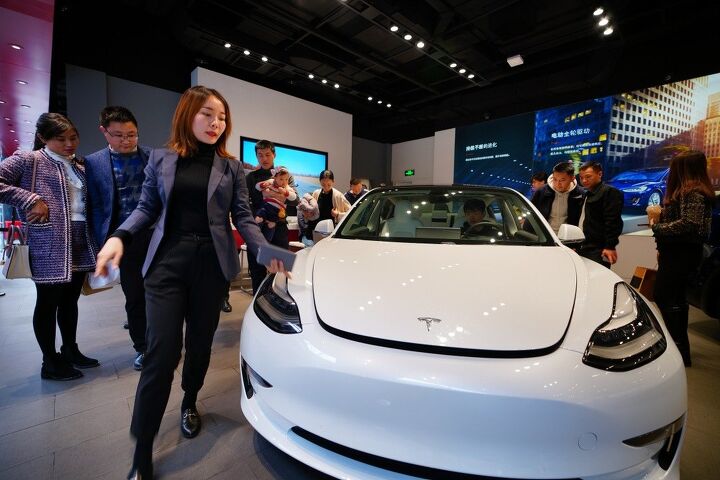

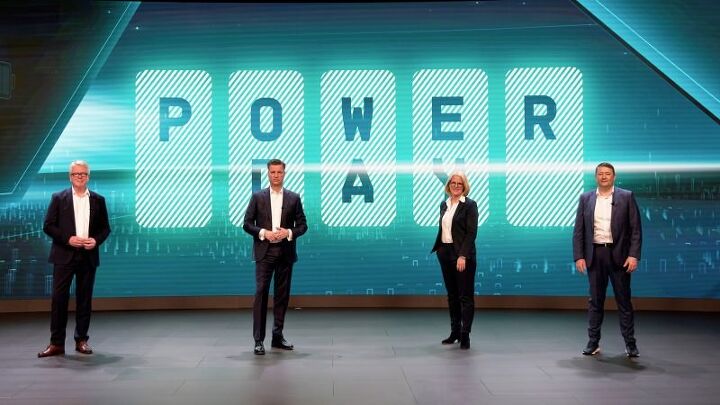

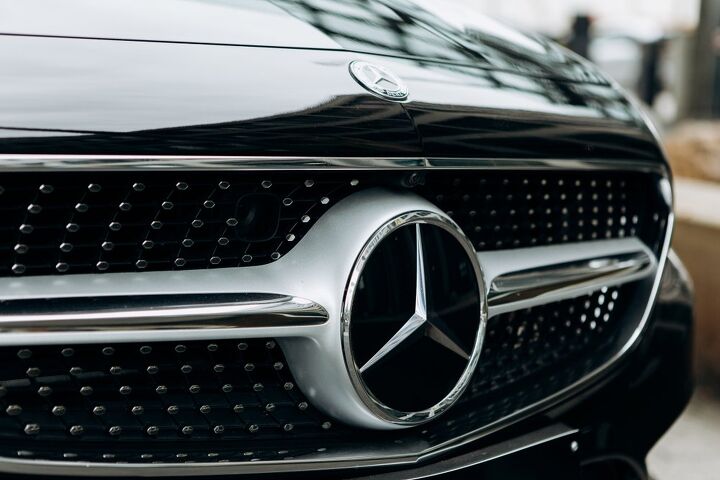
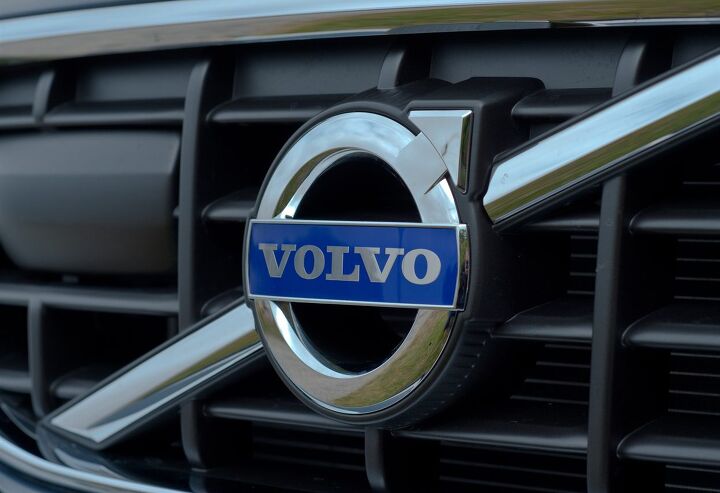
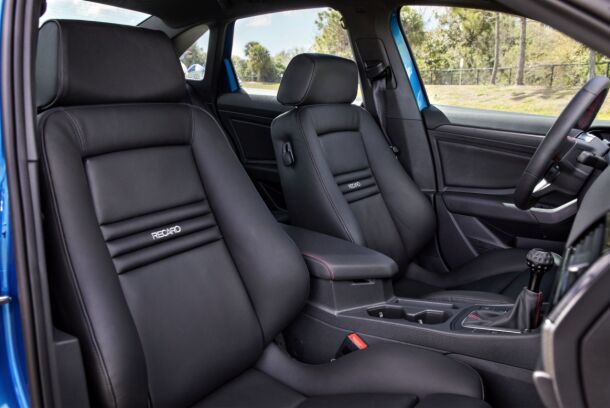













Recent Comments